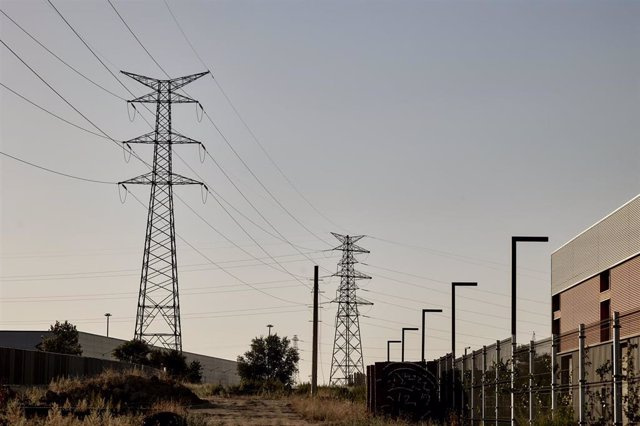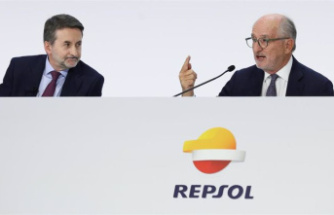BRUSELAS, 16 Oct. (EUROPA PRESS) -
The Twenty-seven find it "difficult" to find an agreement to close the new fiscal rules and the reform of the electricity market, two of the main files to be resolved before the end of the year, despite the "ambition" of the Spanish presidency of the Council to close them at the meetings of Ministers of Economy and Energy that are held this Monday and Tuesday in Luxembourg.
Although they do not completely rule out an agreement on the design of the electricity market since "there is still a possibility", several delegations agree that it is "early" to point to the general approach on the new fiscal rules tomorrow, Tuesday, since they consider that they still " They haven't gotten to that point."
Aware of the "urgency" of the pact, which they committed to reaching before the end of the year so that the new rules are applicable from 2024, diplomatic sources have assured that the Twenty-seven are working focused on establishing a good set of rules, but they point out to the next meeting of Ministers of Economy and Finance (Ecofin) in November as a "more realistic" date.
The aspiration of the first vice president and acting minister of Economic Affairs and Digital Transformation, Nadia Calviño, was to be able to present a first agreement proposal at tomorrow's meeting, but, although the rest of the countries share the need to reach it as soon as possible, they also They have recalled that this will be the first time that ministers can debate their positions at a political level, since so far progress has been made in technical aspects.
"It is an enormous task," said these sources, who also refer to future meetings to resolve the flaws in the agreement, while asking that Luxembourg focus on the debate on possible landing zones and addressing issues that are still "controversial." such as common parameters and safeguards, the main obstacles to the negotiation.
These elements are what now complicate the reform of fiscal rules that, after four years frozen by the pandemic and the impact of the war in Ukraine, will once again require a reduction of the public deficit below 3% of GDP and a public debt below 60%, although with spending paths by country and more national flexibilities.
The Twenty-seven agree on the need for the current system "no longer works", but in the design of these new rules national differences have also emerged and while Germany defends reinforced safeguards, others such as France or Italy prefer to maintain a differentiated approach by countries and based on risks.
In this sense, some delegations consider that the Franco-German discussions will be "critical" for the final result, although both represent the general situation of groups of northern and southern countries.
Thus, the challenge of the Spanish presidency lies in achieving a balance between the different proposals, avoiding the confrontation between north and south that has traditionally divided the EU in economic and fiscal matters while guaranteeing a credible reduction in the debt of the States. most indebted member.













